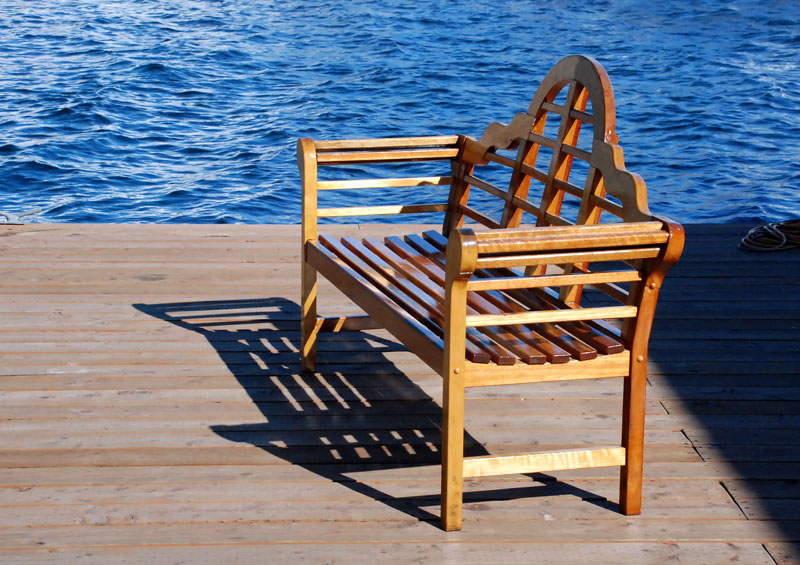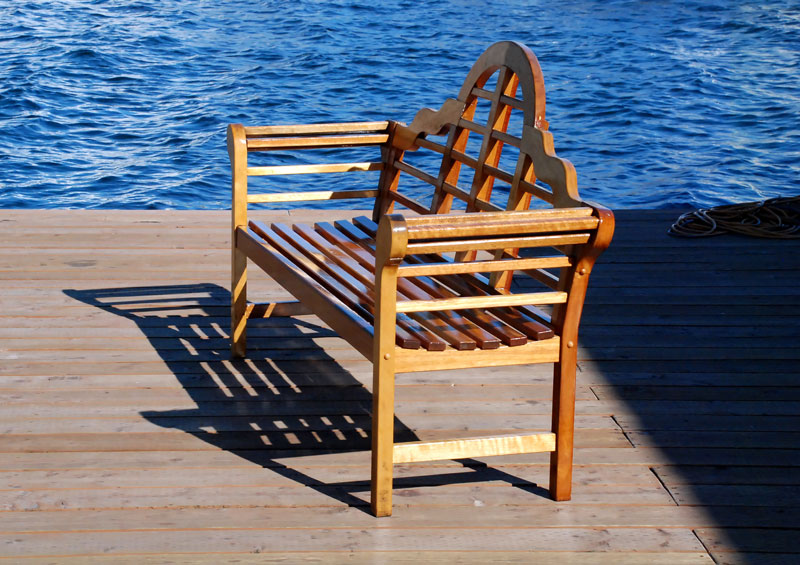Patent Attorney Review of Pride Family Brands v. Carl’s Patio
The issue of novelty may not garner much attention with the patent office during the application phase, but that all changes during litigation when opposing patent attorneys seek to invalidate your patent rights.
One of the main requirements for obtaining patent rights is novelty, which states that:
A person shall be entitled to a patent unless—
(1) the claimed invention was patented, described in a printed publication, or in public use, on sale, or otherwise available to the public before the effective filing date of the claimed invention; or
(2) the claimed invention was described in a patent issued under section 151, or in an application for patent published or deemed published under section 122 (b), in which the patent or application, as the case may be, names another inventor and was effectively filed before the effective filing date of the claimed invention.
Exception
One particularly important exception to this rule is that a disclosure made 1 year or less before the effective filing date of a claimed invention shall not be prior art to the claimed invention if the disclosure was made by the inventor.
In other words, if you sell—or even offer to sell—your product more than 1 year before you file for a patent application, you lose the right to patent anything found in that product. On the other hand, you do not lose U.S. patent rights by selling or offering to sell products within one year of filing a patent application. As an aside, with the changes to the patent laws in March 2013 that changed the patent system from first to invent to a first to file system, it would be a particularly bad mistake to sell or offer to sell your products before a patent is filed because they might run and file a patent. While technically they would not be the inventor, you may have a difficult time proving that fact.
Coco Isle Collection
In the instant case, Pride Family Brands patent lawyer brought a patent lawsuit against Carl’s Patio. This ten year gap between when the patent was applied for and when the patent was held to be invalid is important to show that evidence can be uncovered even ten years later to invalidate a patent. And, with the advancement in technology, it becomes more and more difficult to hide evidence that the products are barred from patent rights due to the “on sale bar.” Carl’s Furniture patent attorney uncovered and introduced evidence that Pride had introduced the Coco Isle chair at a tradeshow in 2003 via a catalog. The purpose of the catalog was to market, promote, and hopefully sell the chairs. This catalog was found to be the equivalent of an offer for sale. Part of the reason was due to the fact that the company CEO had a price list and intended to make sales. This portion of the case teetered on when in 2003 the chairs were first shown because a difference of a few months would have altered whether the patent was in fact validly issued. At the end, the patent was invalidated. It is very difficult to disprove the evidence presented by Carl’s patent attorney almost ten years after the events. If you have any questions, contact a patent attorney with Tucker Law today. With an office conveniently located in Fort Lauderdale, Tucker Law services clients throughout South Florida, including West Palm Beach, Broward, Fort Lauderdale, Miami-Dade, and Orlando. Call the Firm toll-free at 1-844-4-TUCKER or or send us an email through the Firm’s website. A firm attorney will contact you for a free consultation. * The general information provided does not constitute legal advice and should not be used as a substitute for obtaining legal advice from an attorney. Legal cases are in fact that of persons named in the lawsuit and the mention of an attorney herein generally represent that of the client itself. Patent Attorney Invalidates Patent
Patent Attorney








